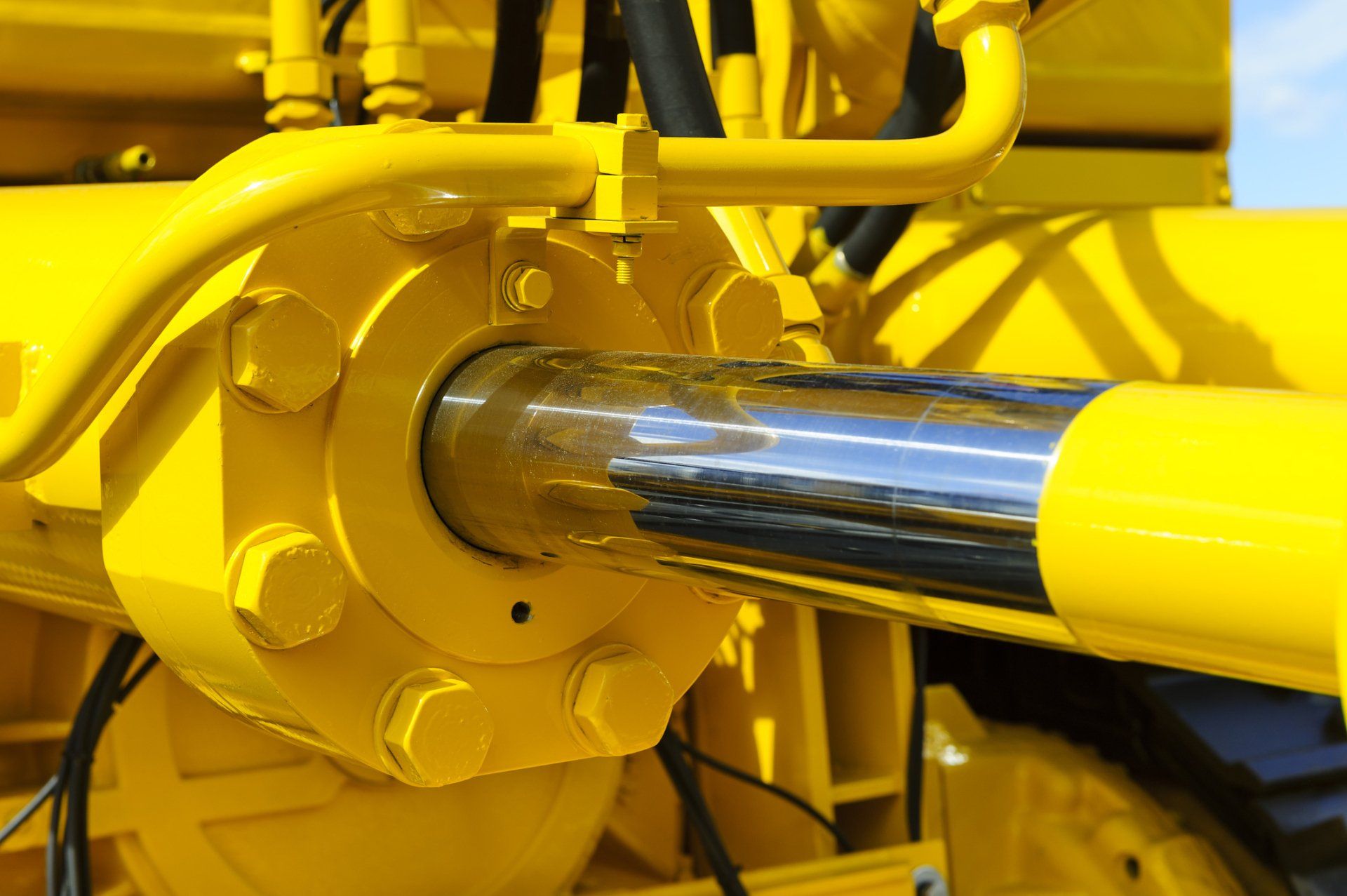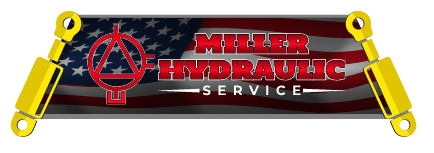How to Perform Regular Hydraulic System Diagnostic Checks Before They Fail

Hydraulic systems are essential components in many industrial, construction, and manufacturing operations. They power heavy machinery, enable precise movements, and contribute to overall operational efficiency. However, like any complex system, hydraulics require regular maintenance and diagnostic checks to prevent unexpected failures that can lead to costly downtime and safety hazards. Performing routine inspections and understanding what to look for can help identify potential issues early, ensuring your hydraulic system functions reliably. Remember, while routine checks are vital, any significant problems should always be addressed by qualified professionals.
Why Regular Hydraulic Diagnostics Matter
Hydraulic systems operate under high pressure and comprise various interconnected components, including pumps, valves, cylinders, filters, and hoses. Over time, these components can develop leaks, accumulate contaminants, or experience wear and tear. Regular diagnostic checks help detect these problems before they escalate into severe failures. Implementing a proactive maintenance routine can extend the lifespan of equipment, enhance performance, and ensure a safe workplace.
Key Areas to Inspect
1. Fluid Quality and Level
Hydraulic fluid is the lifeblood of the system. Check fluid levels regularly to ensure they are within the manufacturer’s recommended range. Contaminated or degraded fluid compromises system efficiency and can cause damage. Look for signs of fluid contamination, such as discoloration, frothing, or a burnt smell. If contamination is suspected, professional analysis or fluid replacement is advised.
2. Hydraulic Hoses and Fittings
Inspect hoses, fittings, and connections for signs of wear, cracking, leaking, or bulging. Damaged hoses can lead to leaks or sudden bursts, posing safety risks and operational disruptions. Tighten loose-fitting components and replace any hoses that show signs of deterioration. Only trained technicians should handle the replacement to avoid potential mishaps.
3. Leaks and Drips
System leaks not only reduce efficiency but can also be hazardous. Inspect the area around cylinders, valves, and connections for oil leaks or persistent drips. Sometimes, leaks are subtle and require specialized tools, such as blacklight leak detection, for proper identification.
4. Hydraulic Pump and Valves
Listen for abnormal noises, such as whining or grinding, from the pump, which may indicate cavitation or internal wear. Test valve operation for smooth, consistent movement without sticking or delays. Any irregularity suggests the need for professional inspection and possibly component overhaul.
5. Filter Condition
Filters trap contaminants and keep fluid clean. Check the condition of the filters regularly and replace them according to the manufacturer's recommendations. Clogged filters can cause pressure drops and reduced system performance, leading to increased stress on components.
6. System Pressure and Temperature
Carefully monitor system pressure gauges and temperature readings to ensure optimal performance. Excessively high pressure or temperature can point to blockages, overloading, or failing components. Use calibrated pressure gauges and thermometers to ensure readings are within safe operating limits.
Recommended Tools for Diagnostic Checks
Performing these inspections effectively requires specific tools:
- Pressure Gauges: Essential for verifying system pressure against specifications.
- Leak Detection Equipment: Blacklight leak detectors and ultrasonic testers aid in locating small leaks.
- Fluid Test Kits: Analyze fluid condition, including contamination levels and viscosity.
- Infrared Thermometers: Measure component temperatures to identify overheating.
- Visual Inspection Tools: Such as flashlights, mirrors, and magnifying glasses, facilitate detailed visual checks.
- Calibration Devices: Ensure measurement tools are accurate and reliable.
Prioritize Professional Expertise
While routine visual inspections and basic checks can be performed safely by trained staff, hydraulic systems are complex machinery that require expert diagnosis and maintenance. If you detect issues such as persistent leaks, abnormal noises, inconsistent pressures, or fluid contamination, do not attempt to repair them yourself. Instead, contact a qualified hydraulic technician who has the tools, knowledge, and experience to diagnose and resolve problems safely and effectively.
Regular diagnostic checks are an investment in the longevity and operational safety of your equipment. By staying vigilant and proactive, you can prevent costly failures and ensure your hydraulic systems perform reliably when it matters most.
Does Your Hydraulic Equipment Need an Inspection in Central & Northern Illinois & NW Indiana?
If you own
hydraulic equipment in
Kankakee,
Gilman, IL,
Lowell, or
DeMotte, IN, and you suspect it’s time to have your systems inspected at a deeper level than you can do on your own,
contact us at Miller Hydraulic. We offer same-day
emergency service and have been working on hydraulic equipment since 1991.





